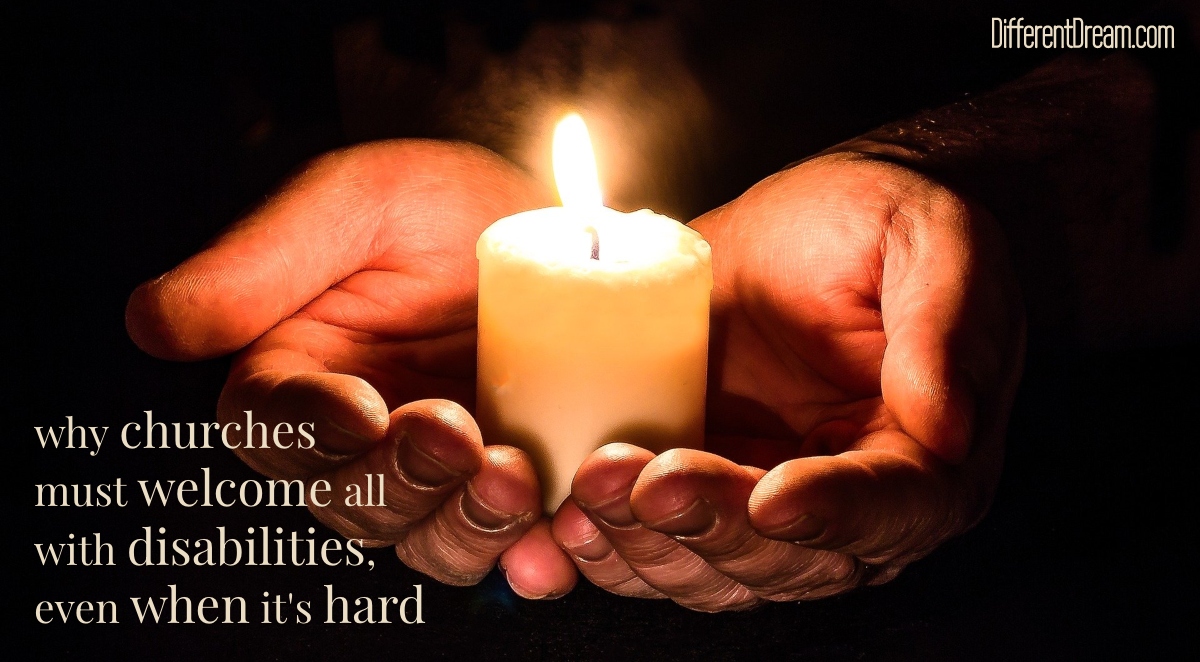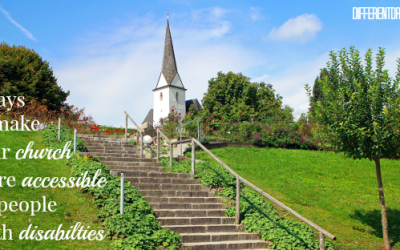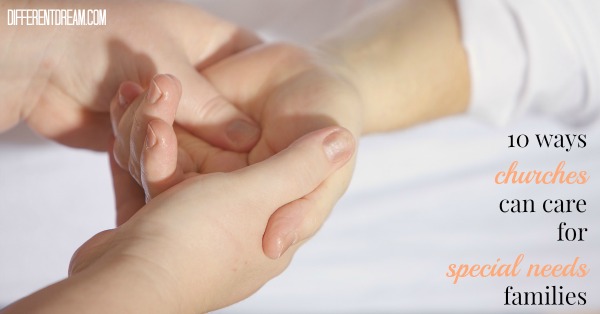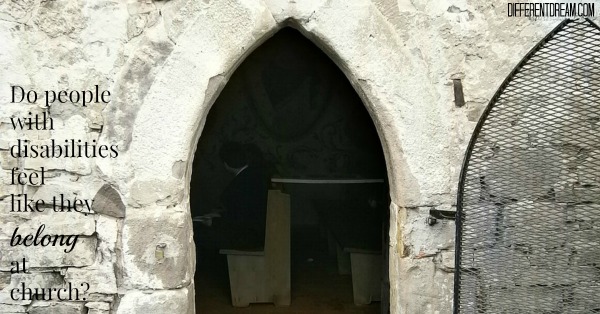We’ve Decided to Stop Dialysis

We’ve decided to stop dialysis.
Cathy delivered the news about her husband Brian with same steadiness she always displays We met Brian and Cathy we visited their church after we moved from South Dakota to Iowa. A few days later they stopped by our dumpy apartment and invited us on a walk. That’s when we learned Brian had recently undergone a kidney transplant. That’s also when they learned about our three-year-old son’s many surgeries and hospital stays. To say that we bonded is an understatement.
We became family.
We went to the same church for many years. When our kids were seven and one, we stayed with them after an ice storm knocked out our electricity for many days. We prayed for them when Brian’s kidney failed and Cathy donated one of hers. Several years later, when Brian’s kidney failed again, Hiram became his third donor.
We are family.
Brian’s sister and later his mother provided day care for our son and daughter. I was their nephew’s fourth grade teacher. Our son claims our gatherings to watch the 4th of July fireworks from our church’s lawn as fireflies flitted and winked around us to be his favorite summer memory. We mourned together at our fathers’ funerals. We rejoiced together at weddings. We wept together when children we loved made bad choices.
We are a family connected by disability.
Brian and Cathy brought a picnic to the hospital when our son had surgery. When he was fifteen and required another surgery in a city many hours away, they came to see him. They were always there for us. Brian and our son understood surgery and post-op pain and recovery and was always available to him. The tie between them and us remained strong when life took us in different directions, and face-to-face encounters were few. When Cathy told us that Brian needed a new kidney because the one she’d given to Brian had failed, my husband became his donor.
We are families affected by disabilities that are acceptable at church.
Brian’s disability and our son’s were physical conditions–easy to understand, easy to pray about, and easy to accommodate. As a result, our son has memories of growing up in an accepting and safe church environment. Brian and Cathy had a support system as he navigated life with a chronic health condition. We were able to grow in our faith. We were ready when the kidney my husband donated failed, and Cathy’s call came.
We’ve decided to stop dialysis.
We drove up and said good-bye. Brian went to be with Jesus less than 2 days later. Soon we will celebrate his life at a small graveside service. We will grieve, but not without hope. (1 Thessalonians 4:13)
As I consider the family we became because a church welcomed us, I can’t help but think about families affected by disabilities less easily accommodated. Disabilities that are mental, behavioral, or developmental. Disabilities that require great patience, acceptance of previously unacceptable behaviors, or differentiated curriculum. Disabilities that lead churches to say, You’re not welcome here.
I weep for those families.
Because unless God’s church does the work necessary to accommodate all who are affected by disabilities, too many families will be unprepared for the loss of loved ones. They will grieve without hope. They will grieve without Jesus.
We, the family of God, must do better.
Do you like what you see at DifferentDream.com? You can receive more great content by subscribing to the monthly Different Dream newsletter and signing up for the daily RSS feed delivered to your email inbox. You can sign up for the first in the pop up box and the second at the bottom of this page.
By Jolene
Jolene Philo is both parent and daughter of loved ones with special needs and disabilities, as well as a former educator who worked with children for 25 years. She’s written several books about caregiving, special needs parenting, and childhood PTSD, including the recently released Sharing Love Abundantly in Special Needs Families: The 5 Love Languages® for Parents Raising Children with Disabilties, which she co-authored with Dr. Gary Chapman. She speaks internationally about caregiving and parenting children with special needs and blogs at www.DifferentDream.com. Jolene and her husband live in central Iowa.
3 Comments
Submit a Comment
Related Posts
5 Simple Ways to Make Your Church More Accessible to People with Disabilities
These 5 ideas can make your church more accessible to people with special needs and disabilities. But be warned, once you implement these ideas the Holy Spirit may call you to greater things!
10 Ways for Churches to Care for Special Needs Families
How can churches care for special needs families? Here are 10 ideas I came up with based on what our church did for my dad who had special needs.
Do Churches Make Special Needs Families Feel Welcome?
Do churches make special needs families feel welcome? Dr. Erik Carter answered that question at the Summer Institute of Theology and Disability.






Yes. Church family is vital in a person with disabilities life.
Beautiful article. Thank you.
You’re welcome, Lori. And thank you for being one of the right people God has put into my life. I love you, friend!
Jolene, you know this article hits home for me in more than one way. We too have experienced acceptance, hospitality, and close friendships through church following Doug’s 50-some surgeries while we were married, everywhere we lived. We also found grace, acceptance, and help while raising our daughter. God has always brought the right people into our lives.
Thank you for this article honoring this family and pointing out how much a friendship and support can mean to families who need it.